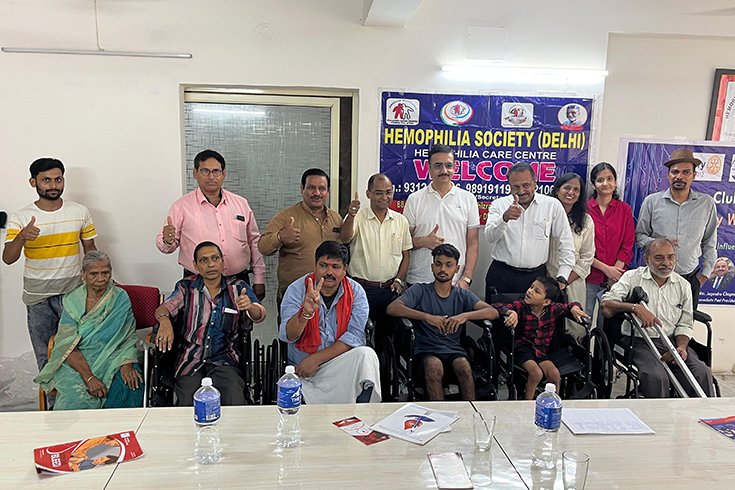The Indian
government has launched an advanced spam-tracking system to tackle the growing
threat of international calls spoofed as local Indian numbers. Within 24 hours
of activation, the new system blocked approximately 1.35 crore (13.5 million)
spoofed calls, accounting for 90% of the fraudulent international traffic
detected. This initiative, led by the Department of Telecommunications (DoT) in
collaboration with telecom service providers (TSPs), aims to enhance digital
safety for Indian mobile users.
Union
Minister of Communications, Jyotiraditya Scindia, introduced the International
Incoming Spoofed Calls Prevention System, highlighting its importance in
the fight against cybercrime. He described the initiative as a step towards
securing India’s digital landscape and protecting citizens from fraudulent
communication tactics used by cybercriminals.
Spoofed
calls are a technique used by scammers to manipulate the calling line
identity (CLI), making international calls appear with a local Indian +91
prefix. These calls have become a tool for financial scams, identity theft, and
impersonation of government officials. Many victims report receiving threats
related to mobile number disconnection, fake legal actions, or fabricated
accusations involving drugs and other criminal activities.
By blocking
these calls at the telecom network level, the government expects a significant
drop in fraudulent communication targeting Indian users. Scindia stressed that
while the system is highly effective, there is still a chance that
sophisticated criminals may attempt to circumvent it. Therefore, the government
has urged citizens to stay vigilant and report any suspicious calls or messages
using the Chakshu feature on the Sanchar Saathi platform.
The
implementation of this system reflects the government’s commitment to reducing
the misuse of telecommunications for cyber fraud. It builds upon other recent
initiatives by the DoT to protect telecom subscribers from phishing attempts,
financial scams, and identity fraud.
Scindia
emphasized the need for continuous efforts to adapt to evolving cyber threats
and encouraged telecom operators to ensure the system's smooth functioning. He
called the initiative a “milestone” in the government’s mission to foster a
secure and trustworthy digital ecosystem.
With the new
system in place, Indian telecom users can expect fewer fraudulent calls
disguised as local numbers. The government’s proactive approach aims to not
only block spoofed international calls but also raise awareness among citizens
about cyber threats and available reporting mechanisms. This initiative is part
of a broader strategy to curb cybercrime, securing the growing number of users
dependent on mobile and internet-based communications in India.












